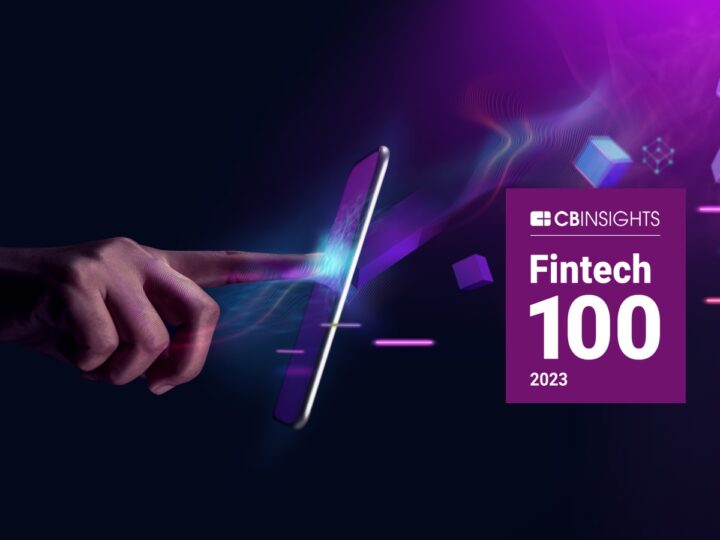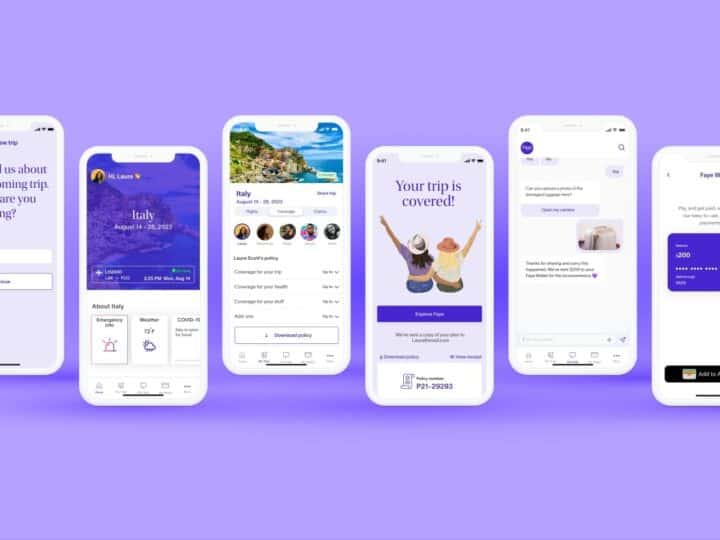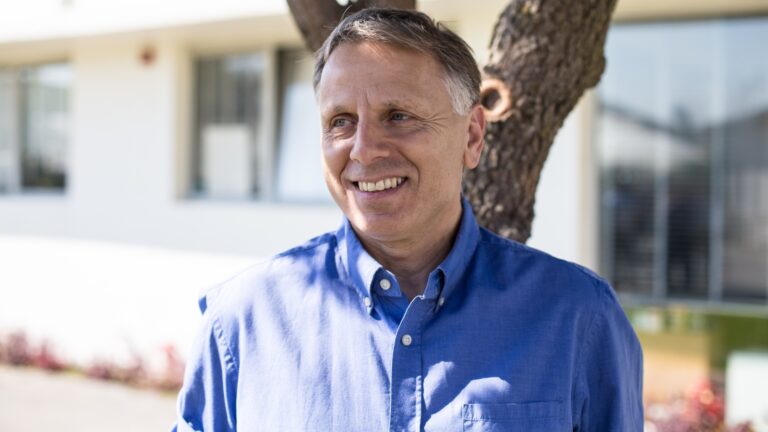Every year, scores of innovative Israeli inventions and technologies are introduced to the market, and 2017 will be no exception.
From medical devices to clean technologies, Israeli companies will unleash a host of unique products.
Pioneering high-tech entrepreneur and investor Yossi Vardi tells ISRAEL21c that smart mobility solutions and drone technologies are two areas in which Israel will dominate this year.
“The ecosystem in mobility is led by Israeli companies such as Mobileye and a number of Israeli companies active in shared driving, like Via and Gett. In 2017, we’ll see more and many car manufacturers visiting Israel to discover our technologies for connected cars and autonomous cars,” he says.
“The interest shown around the world for Israeli technologies just continues to grow,” comments Vardi, who recently organized Israeli innovation festivals in China and London.
Augmented reality (AR) and fintech are also hot sectors for Israel, says innovation strategy marketing guru Nir Kouris. According to The Floor fintech startup hub in Tel Aviv, Israel has about 430 financial technology companies developing products for digital banking and payments, capital markets, big-data analytics, blockchain (cryptocurrency), IoT, compliance and anti-fraud.
While it’s impossible to list all the Israeli companies likely to grab headlines in 2017, here are 25 to watch in key verticals.
AUGMENTED REALITY
- In addition to launching new software for its AR ski goggles in 2017, Tel Aviv-based RideOn is developing AR headsets to enhance other outdoor activities such as paintballing, scuba diving, sky diving, sailing, cycling, running and motorbike training. The wearables are planned to have a connected community feature, too.
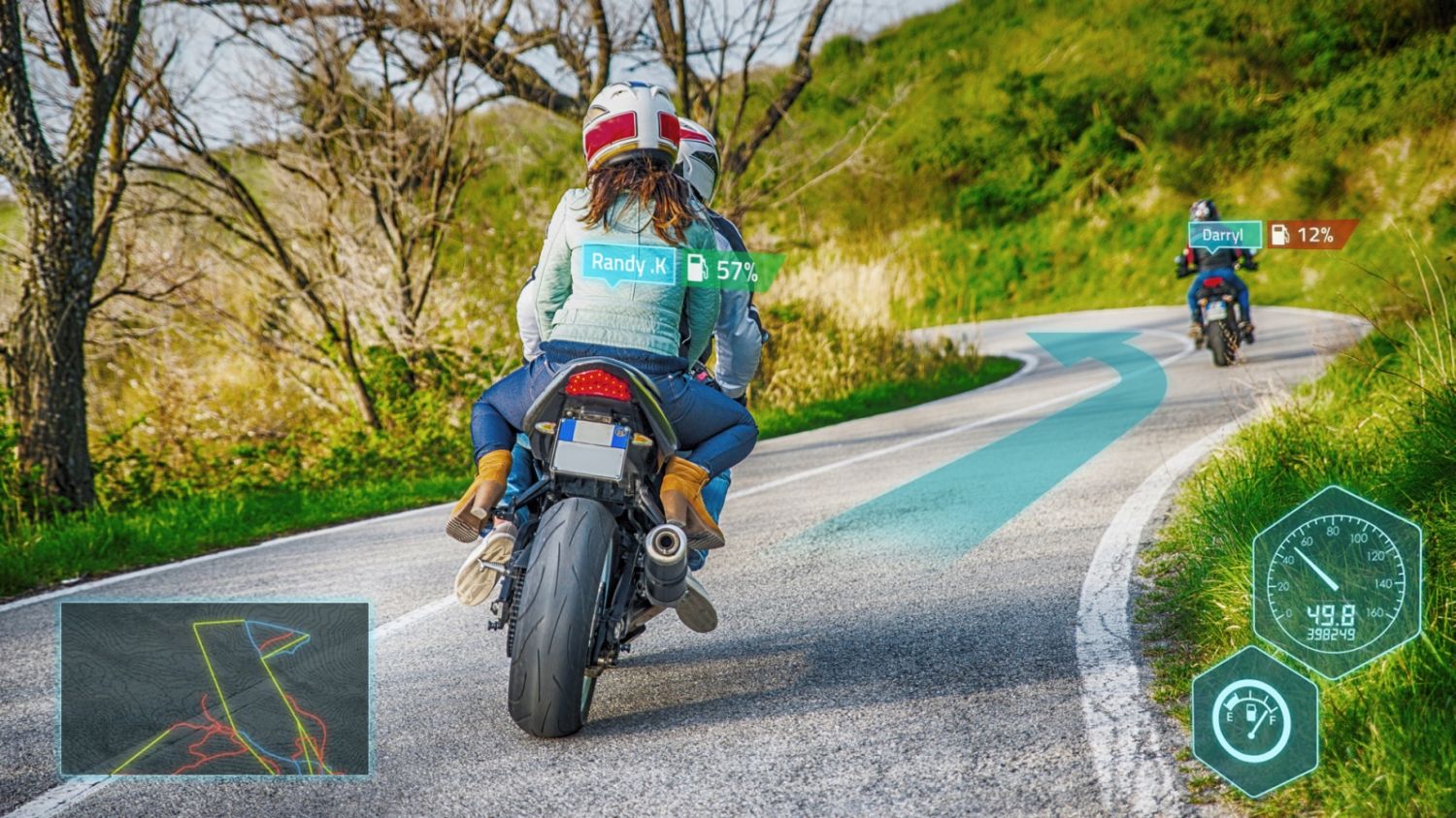
- Smartglasses makers embed optical technology from Lumus of Rehovot to transmit a crisp AR image over thin transparent glass. At CES 2017 in Las Vegas, January 5-8, Lumus will introduce a display prototype with a 50 percent larger field-of-view than what’s currently on the market, enabling a more immersive AR experience. Additional improvements in optical performance and configuration will be rolled out later in 2017 to meet growing consumer AR demand.
- Infinity AR has a technology to turn any device into a 3D, interactive content augmentation platform using basic stereoscopic cameras. Boosted by new investments from China and Japan, Infinity is developing its systems for applications in healthcare, training and games.
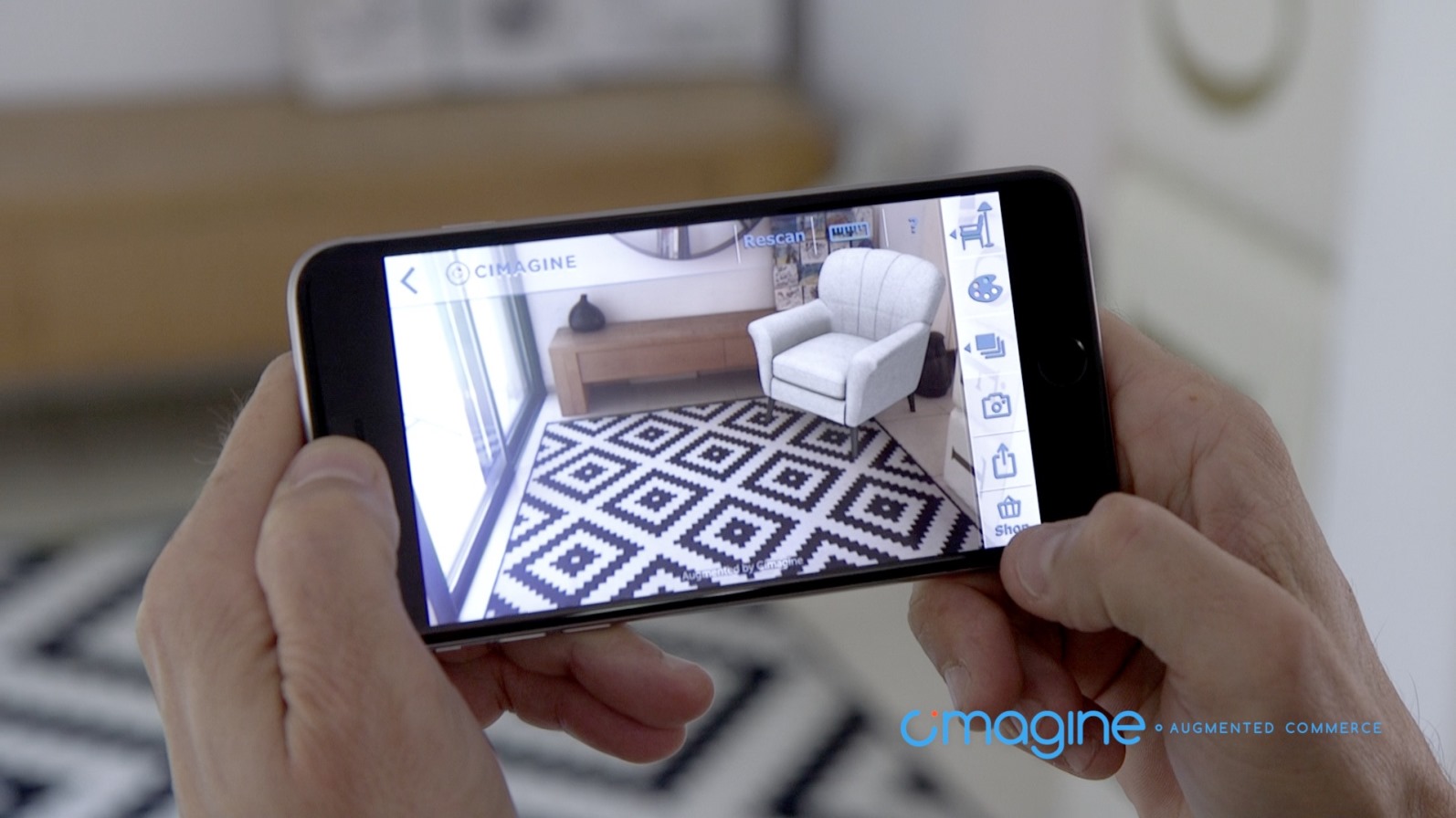
- Rumors that California’s Snap (parent company of Snapchat) is acquiring Cimagine are creating a new buzz around the Israeli augmented commerce platform. Cimagine, based in Kfar Yehoshua with offices in the UK, US and Australia, allows consumers to see (on any smart device) how products might look and fit in their home. B2B sales forces use it to show how products would look on premises, and retailers use it create virtual showrooms.
AUTONOMOUS/CONNECTED CARS
- By 2018, nearly all new vehicles will be connected through the Internet of Things (IoT). Otonomo is ready with a “marketplace of car data” – an ecosystem of real-time shared data available to carmakers, drivers and commercial service providers for optimizing in-car services and applications. The Silicon Valley-based company’s development center is in Herzliya.
- Innoviz Technologies of Kfar Saba is partnering with Canadian company Magna International to develop 3D remote sensing solutions based on LiDAR (Light Detection and Ranging) to generate a precise and constantly updating 3D map of a car’s surroundings. The system is meant to be integrated in autonomous driving features and autonomous vehicles. A demo will be showcased in Magna’s booth at CES 2017 in Las Vegas, January 5-8.
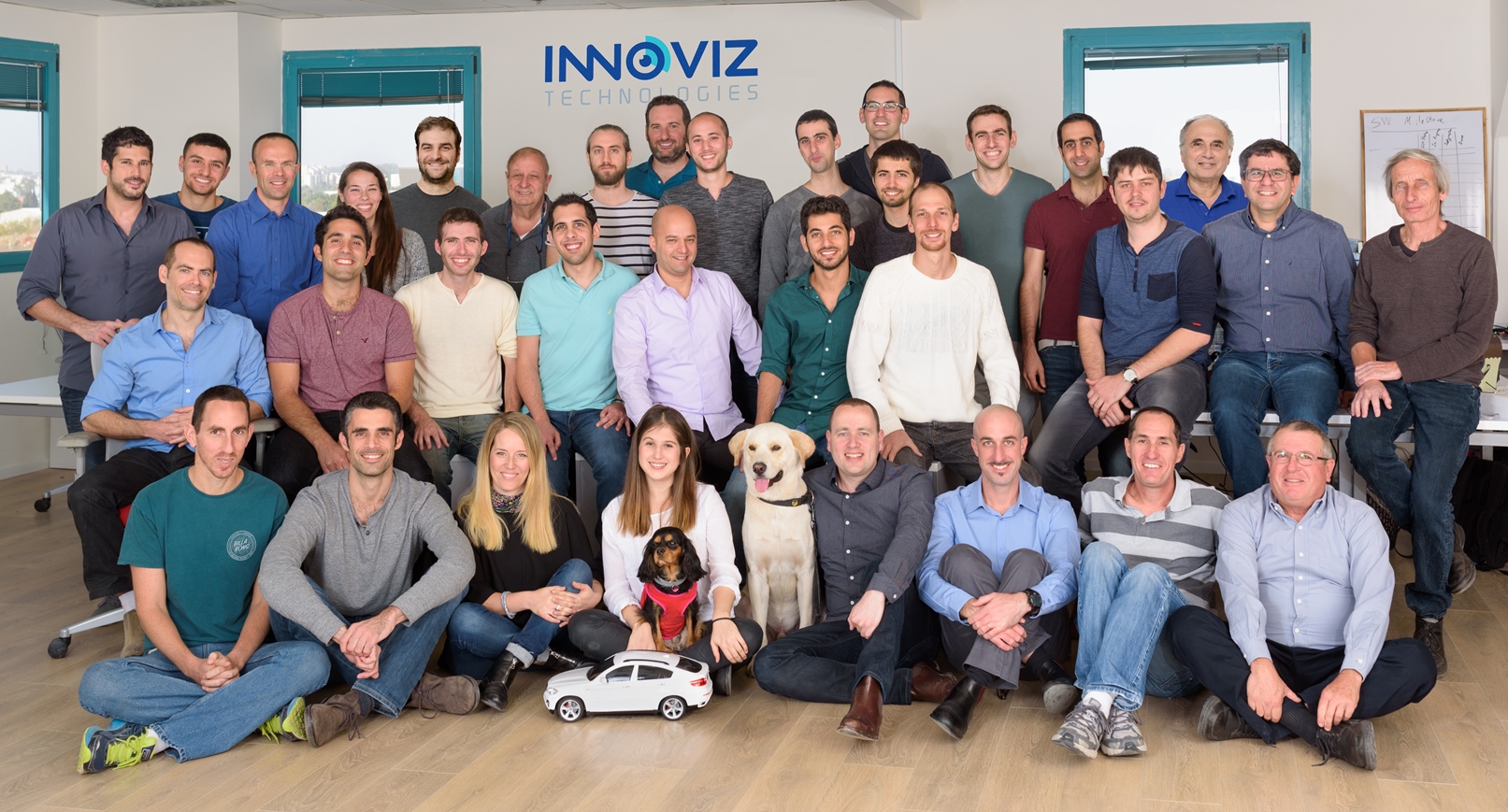
- Carmakers increasingly look to Israeli expertise to hack-proof their connected and autonomous vehicles. One of the newer players in this field is Karamba Security of Hod Hasharon, whose Carwall ECU security platform meets the goals set out in the US Department of Transportation’s guidelines for the safe deployment of autonomous cars.
DRONES
- Airobotics’ unmanned drone system enables large industrial facilities to collect and view aerial data to monitor, inspect, survey and secure their premises more safely and efficiently. Third parties can use the Petah Tikva-based company’s new developer program to design and develop software for use by the drone platform in next-generation smart factories and industrial IoT facilities.
- Businesses, hobbyists and RC enthusiasts in many countries already use drones and drone services from Flytrex Aviation. This year, the Ukrainian postal service began testing Flytrex’s personal delivery Mule. The cloud-controlled octocopter can carry packages weighing up to 3 kilograms (6.6 pounds) as far as 23 kilometers (14.3 miles) at speeds of up to 70kmh (43.5mph) before releasing them at the destination.
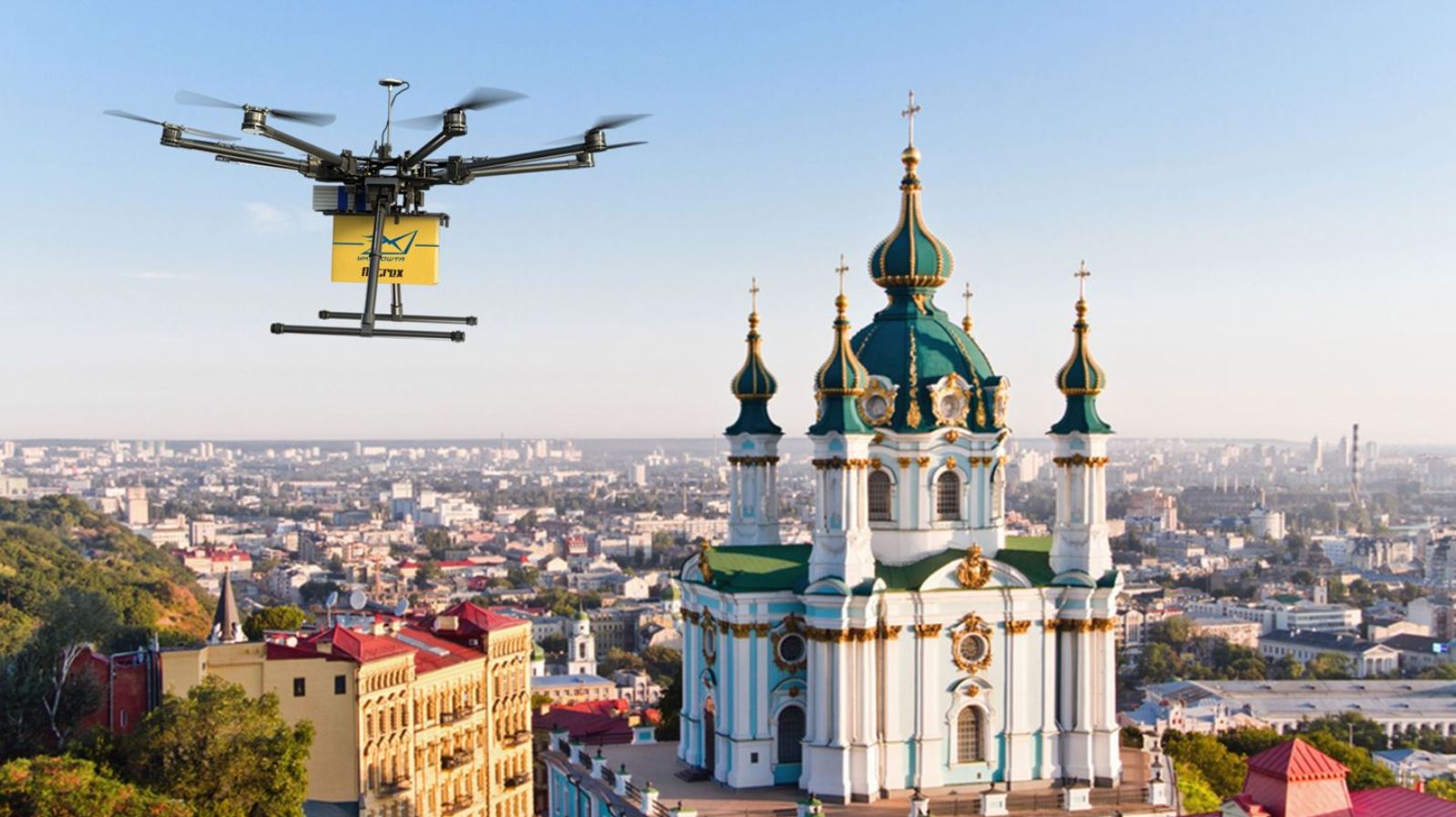
- AerialGuard in Or Akiva is developing advanced autonomous navigation systems that help civilian drone manufacturers add capabilities such as sense-and-avoid and intelligent navigation.
DIGITAL HEALTH
- Datos Health, a patient-generated health data management company in Tel Aviv, signed a go-to-market agreement to expedite entry of its remote IoT solution in the US early in 2017. Datos automatically manages and validates relevant data from wearables and personal medical devices for clinical decision support without need for a monitoring call center. Four pilot programs in Israel are using Datos to monitor diabetes, high blood pressure, long-term and post-acute care.
- Oxitone, based in Kfar Saba, expects to launch sales in 2017 of its wrist-worn pulse oximeter for continuous blood oxygen monitoring to track and manage chronic disease. The platform, connected via Bluetooth to smartphone and cloud, collects data from a pool of sensors and sends alerts to possible complications.
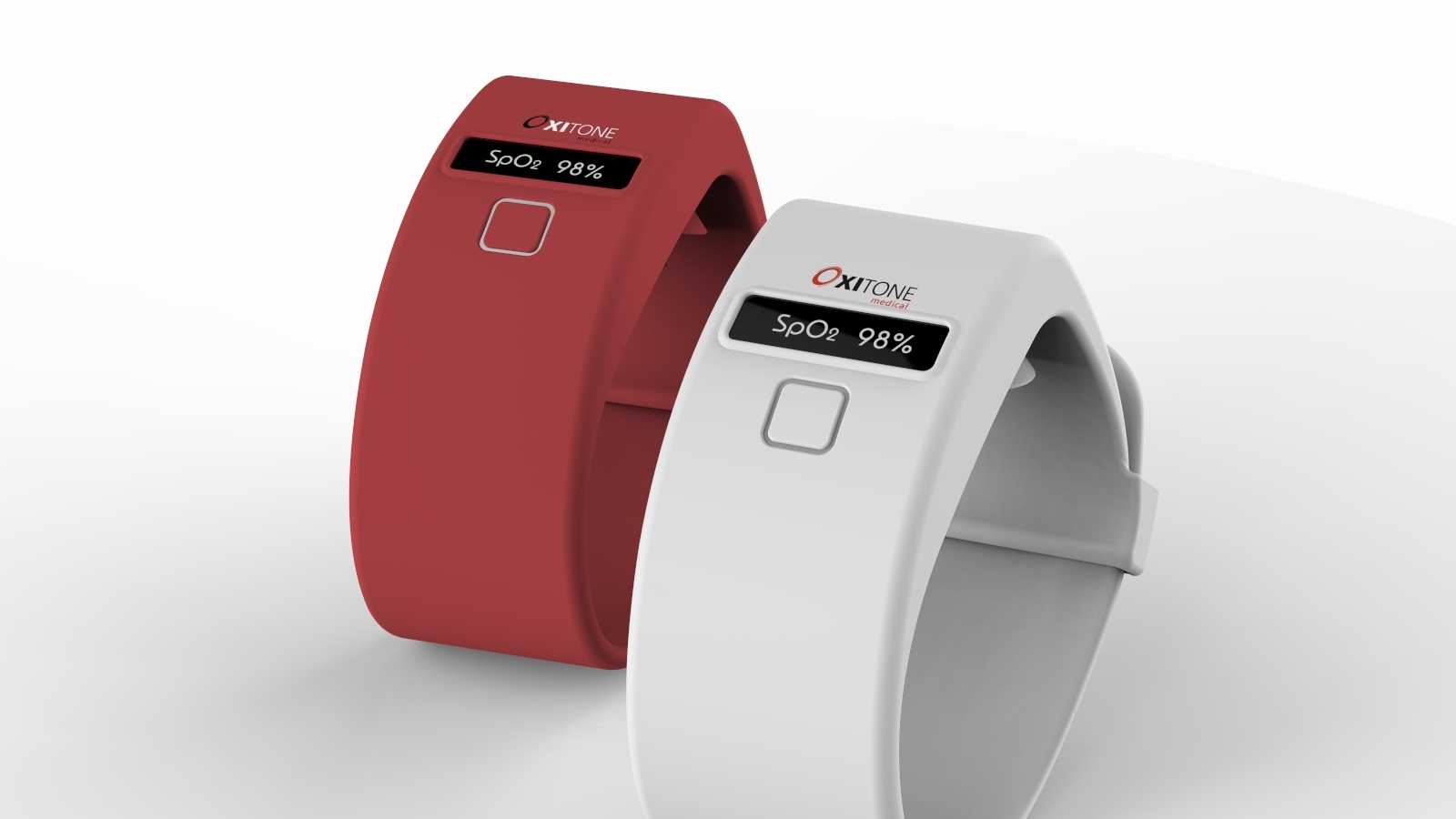
- Tempdrop wearable device tracks changes in a woman’s basal temperature to help predict ovulation. While she sleeps, the device collects thousands of data points on body temperature and motion. When removed, it automatically syncs with any smartphone fertility app. The company, based in Kfar Saba, is making its first shipments shortly.
- ContinUse Biometrics is gaining traction in the medical arena for its single-sensor platform that detects nanoscale movements in fully dressed people at any angle, enabling non-contact measurement of heartbeat, blood pressure, breathing pace, glucose level, oxygen saturation and blood-alcohol levels. Newborn intensive care units, sleep labs and telemedicine providers are among those interested in the platform. The first products from this Tel Aviv company are going to market by the second half of 2017.
GREEN TECH
- StoreDot’s FlashBattery, which fully charges smartphones in 30 seconds, is heading into mass production in 2017. Using the same environmentally friendly nanomaterials instead of lithium, the Herzliya Pituach-based company is also developing a five-minute electric car charge and a metal-free color display technology for TV, computer-monitor and mobile-device LCD screens.
- An innovative, eco-friendly pooper-scooper from Tel Aviv-based Paulee CleanTec will be commercialized in 2017 through a licensing deal with OurPets in the United States. The portable system converts droppings into pathogen-free, odor-free fertilizer granules in less than a minute.
- Flux is shipping the first commercial beta units of its Eddy IoT devices for app-controlled, socially connected, home hydroponic gardening using environmental sensing and finely tuned lighting and nutrients. Register on the website to get the final product in spring 2017.Based in Dallas with R&D in Tel Aviv, Flux is the founding member of Mars Farm, an international consortium building the world’s first sustainable farm for outer space.
- BrighTap smart water meter from Jerusalem-based BwareIT will launch in US and European markets next March or April, enabling households to monitor water quality and consumption. The device fits onto faucets, pipes or hoses to display water use parameters in real time to increase awareness, and connects to a data website and app to help users analyze results and potential savings. The company is among 10 finalists in the Global Entrepreneurship Networks’ Startup Open contest on January 5.
- TSD (Tethys Solar Desalination) of Tel Aviv plans to disrupt the desalination industry with a low-cost, off-grid, scalable and environmentally friendly module using only solar power. The first TSD pilot site will be established in Israel by mid-2017, followed by possible pilots in countries including China and the United States.

MEDICAL DEVICES
- CartiHeal of Kfar Saba stands ready to revolutionize cartilage and bone regeneration in knees, ankles and big toes with its Agili-C biodegradable scaffold. Already having European Union CE approval, in 2017 the company will enroll 250 US patients in a multicenter two-year pivotal study toward US Food and Drug Administration (FDA) approval for broad indications including focal cartilage defects and osteoarthritis.
- Medasense is soon to receive the CE Mark to begin sales in Europe Union countries of its novel NOL (Nociception Level), a continuous, non-invasive pain-monitoring device. NOL is the first clinically accepted tool to objectively monitor changes in pain level, even when patients cannot describe their pain because they are sedated, demented or too young to talk.
- In a world first, Teva and Syqe Medical announced an agreement in November to market medical cannabis in Israel via an inhaler — allowing doctors to prescribe an optimal dose of cannabis to alleviate symptoms and minimize psychoactive effects. Keep an eye on Syqe Medical as it transforms cannabis and other botanicals into standard prescription medicines.
FINTECH
- Sling equips “micro merchants” (such as flea-market vendors, home businesses, caregivers and tutors) with wristbands, tags, pins and stickers that customers can scan with a smartphone app to make a mobile payment within seconds. Acquired by Brazilian micro-credit company Avante last July, Sling is set for global growth in 2017, particularly in South America, Africa and India.
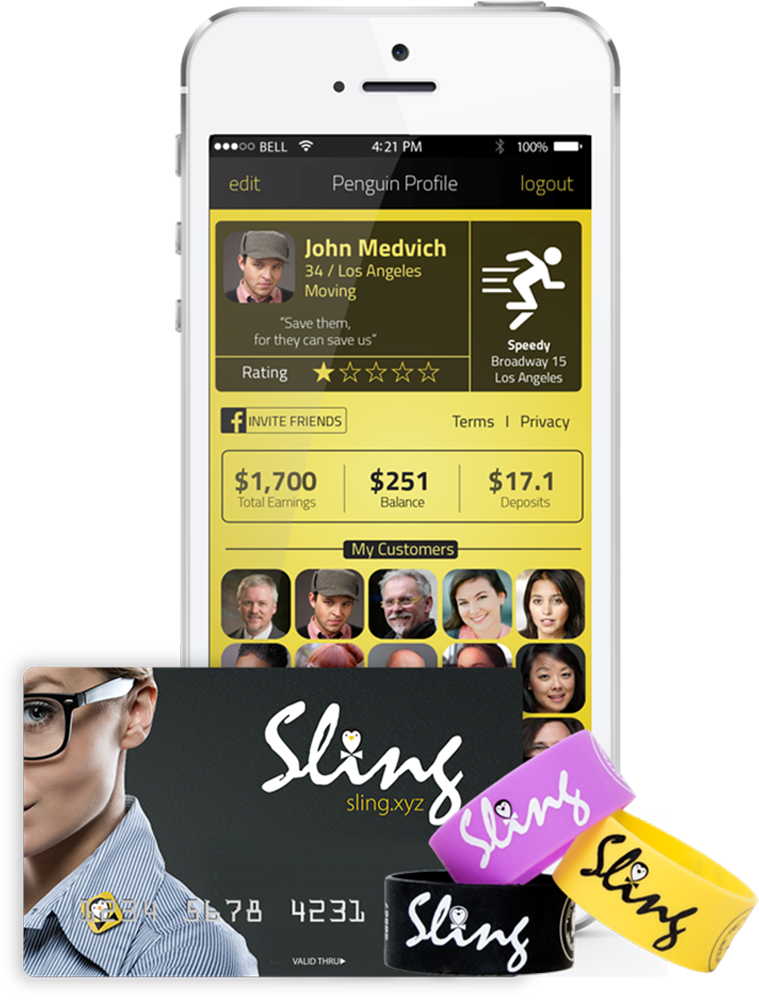
- TipRanks uses machine learning and natural language processing algorithms to build a dataset of online analysts, hedge-fund managers, financial bloggers and corporate insiders. Available by subscription, the tool helps members choose reliable and accurate financial advice. A mobile app is in the works, according to the Tel Aviv-based company.
- Peer-to-peer insurance company Lemonade, founded in 2015 by Israeli executives formerly with Fiverr and Powermat, is disrupting the way New Yorkers buy homeowners and renters insurance. The online and mobile platform, powered by artificial intelligence and behavioral economics, uses bots and machine learning to deliver insurance and handle claims. A flat fee is charged and unclaimed funds are donated to charity. Lemonade will expand to other US states in 2017.















